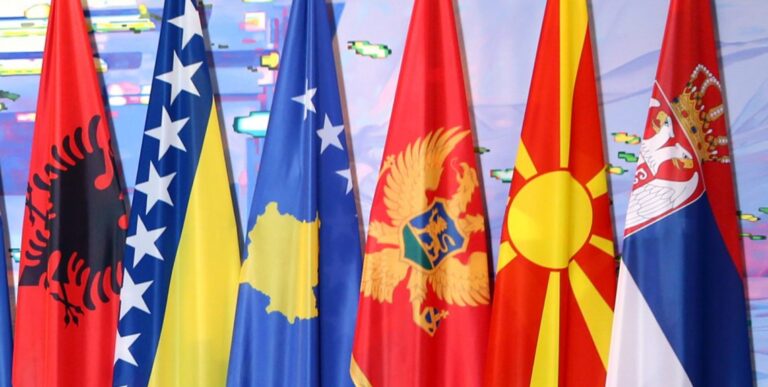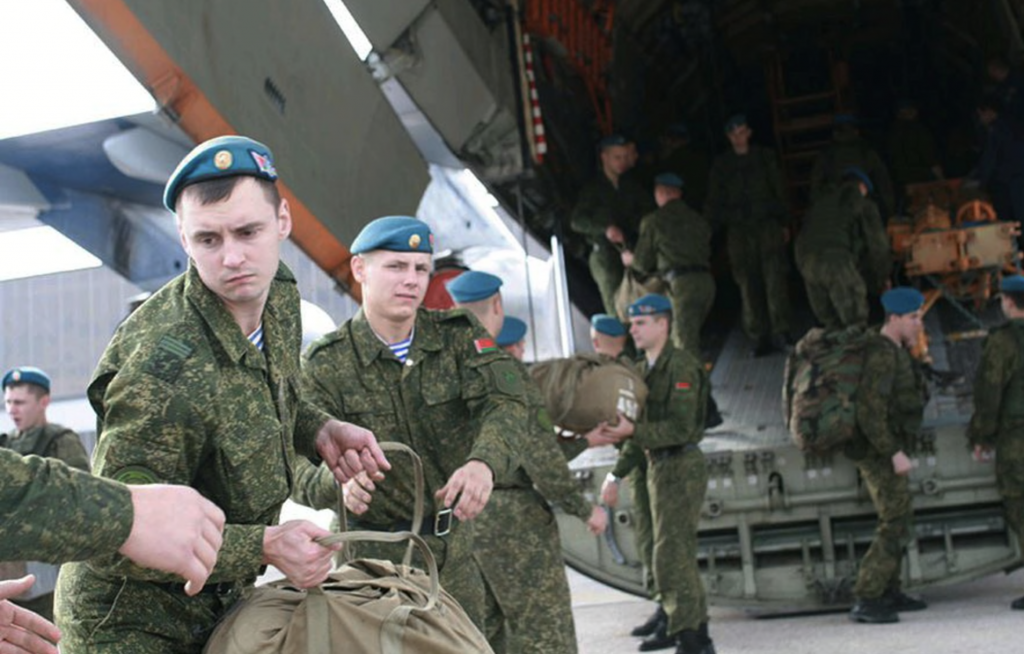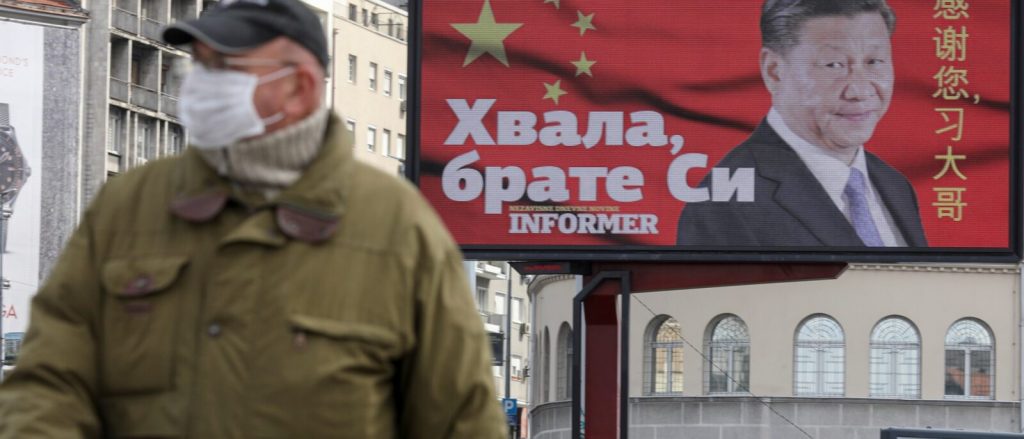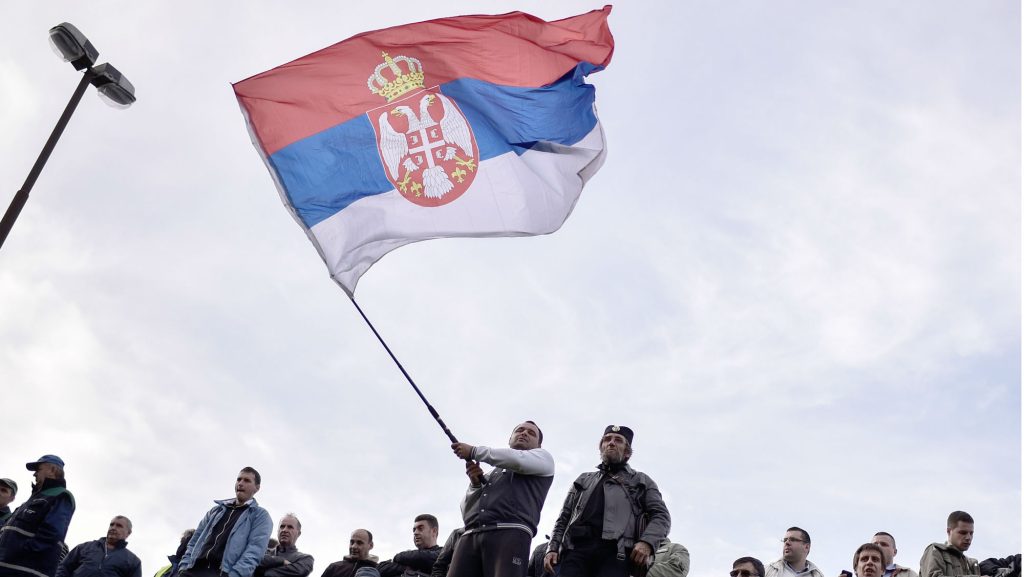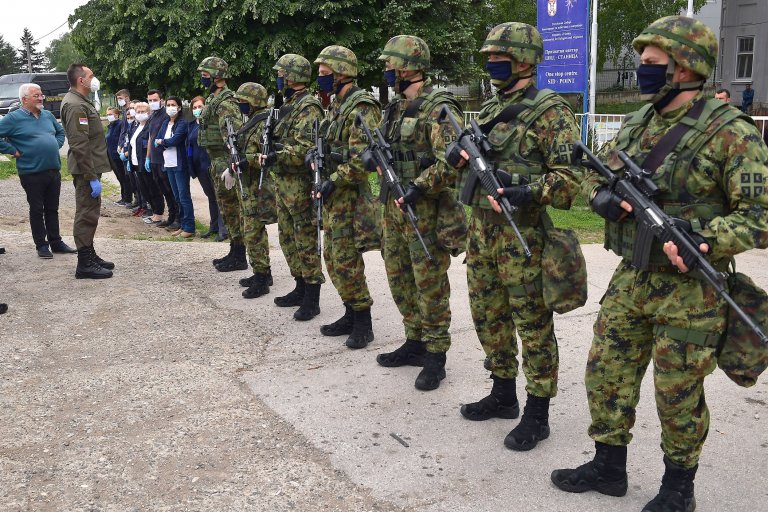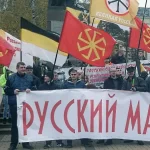The relations of the Balkans with Moscow have always been complicated, with a part of the population distanced from Russian politics and rhetoric, and another part influenced and in support of it.
Recently, a senior official of the administration of the United States of America has published part of the report of the American intelligence services, that since 2014, Russia has paid more than 300 million dollars to political parties, officials and politicians in the most more than twenty countries of the world.
The list of political parties that have benefited from a significant amount of money from Russia also included the Democratic Party of Albania, the pro-Serb political formation Democratic Front in Montenegro and the member of the tripartite Presidency in Bosnia and Herzegovina, Milorad Dodik, whose financed his presidential campaign.
Politics is the area where Russian actions are most divisive in the Western Balkans. In an attempt to hinder the Euro-Atlantic integration of the remaining countries, Moscow has supported ultranationalists throughout the region.
In the energy sector, Russia has made important strategic purchases. Gazprom Neft has acquired NIS, the largest oil and gas company in Serbia. It has also secured controlling ownership of Gastrans, the Serbian pipeline system company.
In Bosnia and Herzegovina (BiH), the oil company Zarubezhneft has acquired the oil refinery in Republika Srpska, the lubricants producer Modrice and the fuel retailer Petrol.
But Russia’s presence in the region is also felt through its military and security-related aid.
So far, Serbia has received MiG fighter jets, Pantsir-S1 anti-aircraft systems and Kornet anti-tank guided missiles. In return, Russia has donated tanks and military equipment to Belgrade.
Military ties have been further strengthened with the opening of the Russian Office in the Ministry of Defense of Serbia, and the increase in joint military exercises between the two States.
In BiH, Republika Srpska (RS), one of the two entities established under the Dayton Peace Agreement, has had police forces trained by Russian forces.
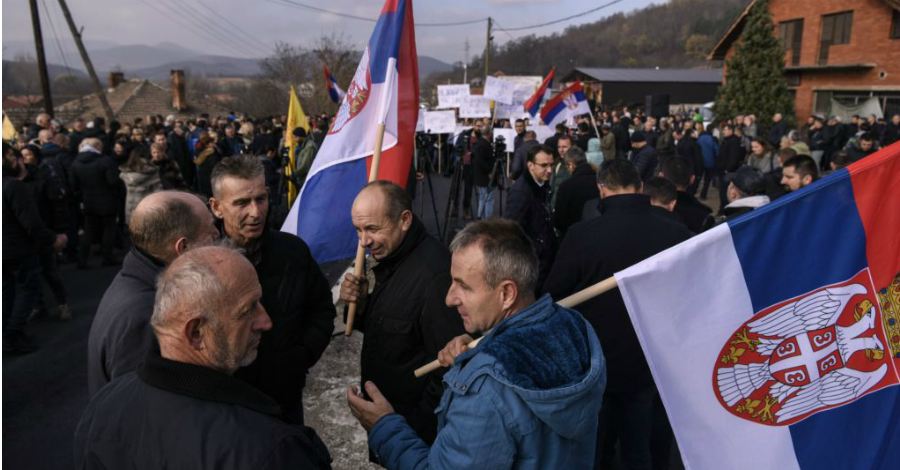
Read also: Fear amid Russia´s next moves in Balkans
In the face of this influence and extension, and above all in the face of the war in Ukraine, the need to prevent the Western Balkans from becoming the future theater of Russian disunity in Europe is underlined, guaranteeing stability.
In April of this year, US Secretary of State Antony Blinken announced the distribution of a military fund of 713 million dollars for Ukraine and 15 US allies. Of that amount, $322 million was given to Kiev, while the rest is divided between NATO members and other countries that have provided Ukraine with significant military supplies.
Therefore, the Western and NATO military presence has increased, mainly in the member countries of the alliance.
In Greece especially, since 2018, there have been numerous investments from the European command of NATO and the USA.
A joint exercise took place between seven member countries plus Greece itself, under the name INIOCHOS21, where the aim was the interaction between the air forces and the coordination of the most sophisticated military tactics in the air war.
INIOCHOS is fast becoming one of the largest and most important air exercises in the region, with air forces from Europe and the Middle East joining other NATO militaries for the annual event.
It began in late March and involved dozens of aircraft from 10 countries, including Israeli F-16I, Italian A-200A, French F3 Rafale, American F-15E and F/A-18, and F-16C, F-4E and the Greeks Mirage 2000-5BG.
The United States also flew MQ-9 Reaper unmanned aerial vehicles.
In 2018, the European command of the US military decided to prioritize the military partnership with Greece, recognizing it as one of the key members of NATO.
Within a few years, the Greek military received the Mark V Special Operations Craft, OH-58 Kiowa reconnaissance and light attack helicopters, M1117 Guardian armored security vehicles.
In Albania, the investments have been extraordinary militarily, since the development of the largest joint military exercise in the Balkans in the last 30 years, DEFENDER EUROPE 21.
Announcements were made for the installation of NATO bases in Kuçovo first, at the air base, and then with the news that a naval base is under negotiation, in Porto Romano.
Clearly, the Western Balkans is an area where other actors, mainly Russia and China, have created interests that compete with NATO’s engagement in the Region.
The interests of these external actors undoubtedly undermine Euro-Atlantic security on the NATO eastern flank. For this and other reasons, it is important to note that NATO in the Balkans is moving.Today, more than ever.
Post Author
Author
-

Researcher on International Relations Middle East and Balkans
View all posts
CSSII- Centro Interdipartimentale di Studi Strategici, Internazionali e Imprenditoriali,
Università di Firenze, Italy, Albania


